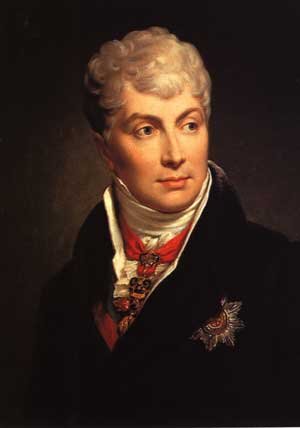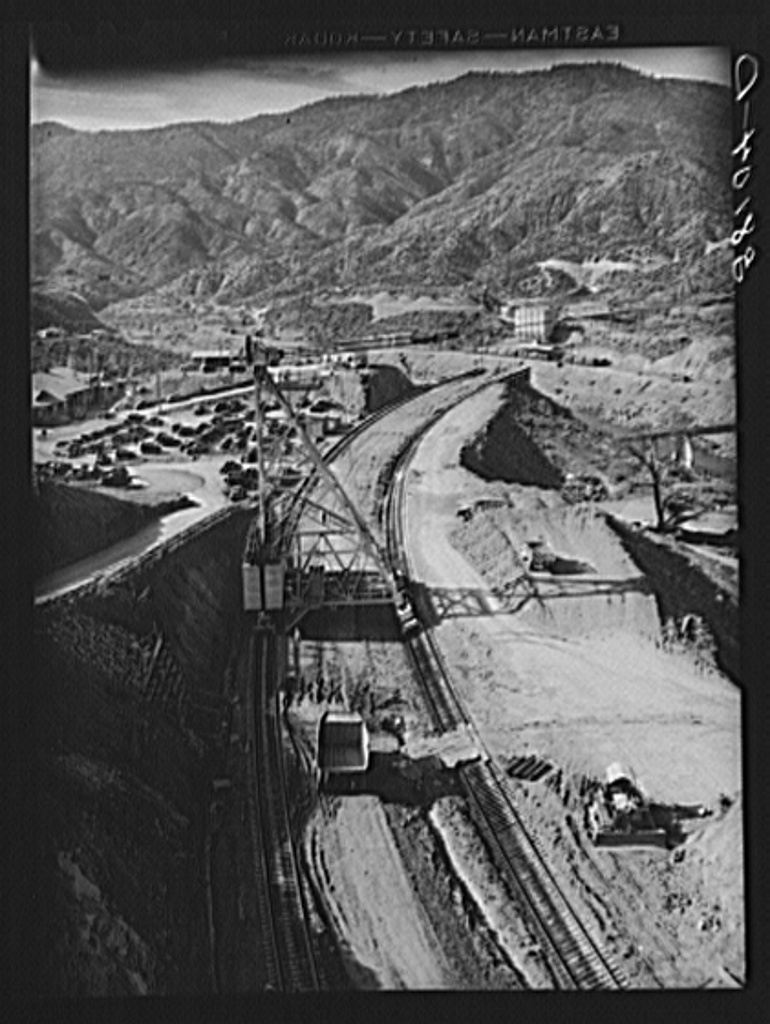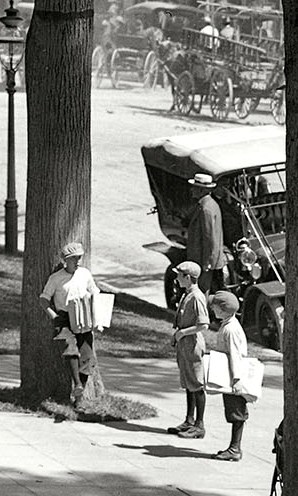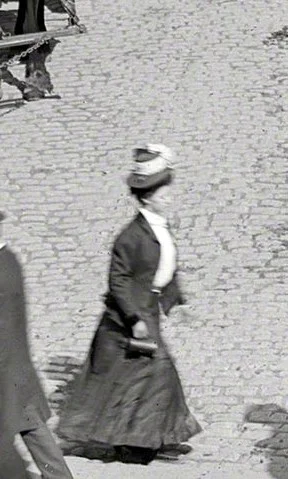How the 19th century Austrian secret service proved that people will give up private information if you save them time and money
The period between the Congress of Vienna in 1815 and the wave of "revolutions" in 1848 was one of repression, police action, and poorly organized, chaotic attempts at revolution that were quickly suppressed, with the exception of a few changes of government in France. That last year, 1848, was marked by much larger but still poorly organized and chaotic attempts at revolution, that resulted in retrenchment, and the replacement of the moderate monarchy of Louis-Phillipe with the less moderate if possibly more colorful Second Empire of Louis-Napoleon (there is no burden the people find more onerous than that of having to make choices).
Not that the repressive post-Napoleonic regimes were much more impressive than the attempts at revolt against them. According the Adam Zamoyski in Phantom Terror: Political Paranoia and the Creation of the Modern State, 1789-1848 (I listened to the audio), every leader from Metternich and Tsar Nicholas I on down spent their time obsessing over large-scale conspiracies of Masons, French revolutionaries, and Illuminati that did not exist, without recognizing that the various civil disturbances that they had to keep dealing with were really a response to the hopes of liberation and national autonomy that had been raised by the events of the quarter century after the French Revolution, and then dashed.
And it is kind of weird to think that the period from the Fall of the Bastille to the exile of Napoleon Bonaparte to St. Helena is only 25 years long. In his superb podcast The History of the Twentieth Century, Mark Painter calls the Congress of Vienna "an attempt to hit Ctrl + Z on the French Revolution" (this is based on memory, and may not be word-for-word accurate). Unlike a typo, it kind of stuck around.
But, still, the state apparatus of control put in place over that period worked pretty well at keeping the regimes in place until after an entire century they were all dumb enough simultaneously to start a gigantic war that none of them could win, and all of the multinational empires came apart like tissue paper you left in your back pocket when you threw your jeans in the washing machine.
The inescapable attraction of cheap and fast
In addition to his diplomatic skill, Metternich had quite the reputation as a lover. He is around 60 in this portrait.
Intelligence, opening people's mail, breaking codes, and other familiar practices grew through this period, though they look fairly amateurish from the point of view of intel operations over the twentieth century and into our time. Much of the letter reading seemed mostly to provide princes and leaders with salacious material about colleagues and rivals for personal entertainment.
Prince Klemens von Metternich was the dominant figure in Austria, and he wanted to make sure he could read everyone's mail. How he managed this is entertaining, and instructive.
According to Zamoyski, in the early part of the period, during the 1820s:
Metternich...identified control of the postal service as a key element in the invigilation of Europe. In the course of the eighteenth century Vienna had, by providing the most efficient postal service throughout the Holy Roman Empire, gained access to the correspondence passing through central Europe. Although the Empire had been abolished, much of the post carried around its former territory still passed through Austrian sorting offices. Metternich managed to extend this to Switzerland, a natural crossroads as well as a meeting place for subversives of every sort. All Swiss post passed through Berne, whose postal service was in the hands of the conservative patrician de Fischer family, with the result that all mail between France, Germany, and Italy was accessible to the Austrian authorities. Most of the mail going in and out of Italy passed through Lombardy, where it came under Austrian police scrutiny.
Metternich attempted to extend this to the rest of Italy, but failed, due to Papal opposition. Incidentally,"invigilation" seems to now be used only for proctoring exams, but it should probably be revived in the Zamoyski's wider sense.
Later on, in the 1840s, Metternich had to work a bit harder:
To ensure that as much European mail as possible continued to pass through Austrian domains, Metternich saw to it that the Habsburg postal service was cheaper and faster than the alternatives.
This apparently put a huge strain on the intelligence operatives, who had to open, copy, reseal, and return mail of interest to the post office without incurring additional delay. Zamoyski has some fun with how overworked this small set of bureaucrats was.
People knew there was a good chance their letters were being read, and tried various subterfuges to make it harder, but they still used the Austrian post, because it really was cheaper and faster than the alternatives.
While entertaining, the book is fairly narrow on the topic of government responses to subversion, and is not anything like a general history of the period. It may go into more detail on surveillance that some readers (or listeners) might like, but I found it extremely entertaining. Zamoyski knows how to feed in a lot of information without getting tedious, a rare skill among historians.
What privacy do you give up for cheap and fast?
I'm not even sure that's worth asking, because it's pretty much everything, for all of us. Metternich seems to have pioneered this form of big data gathering.





























